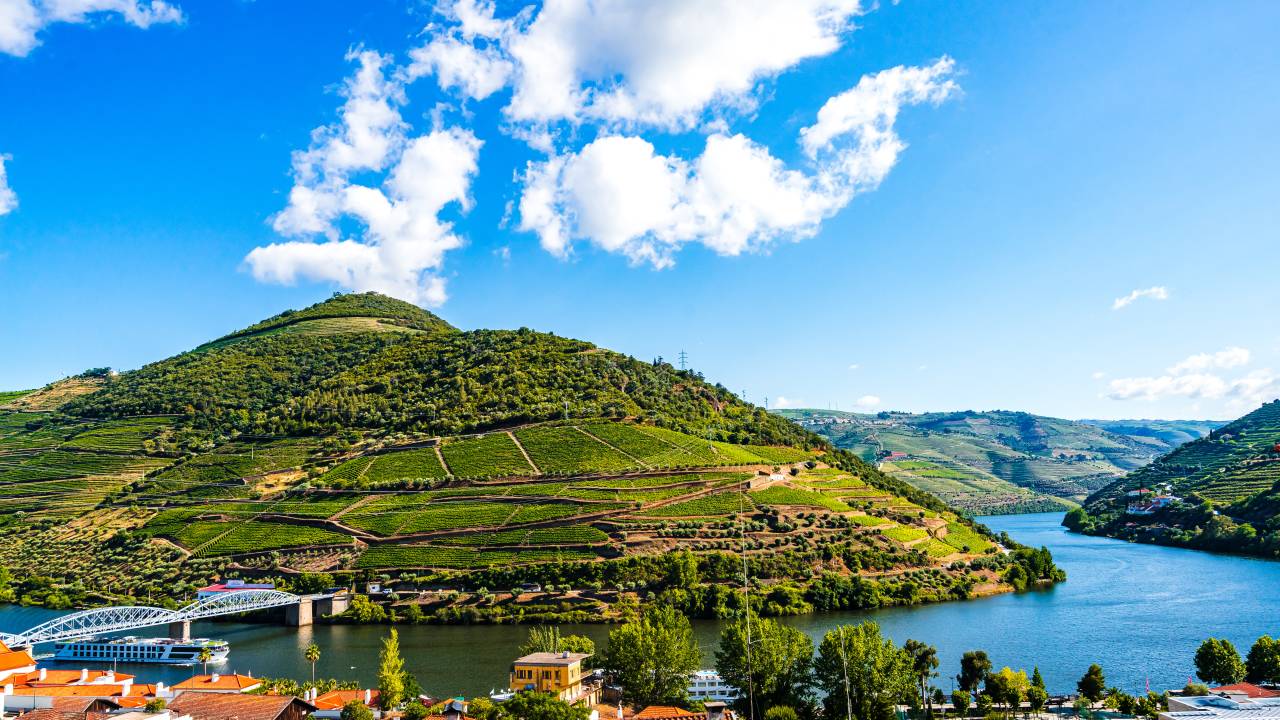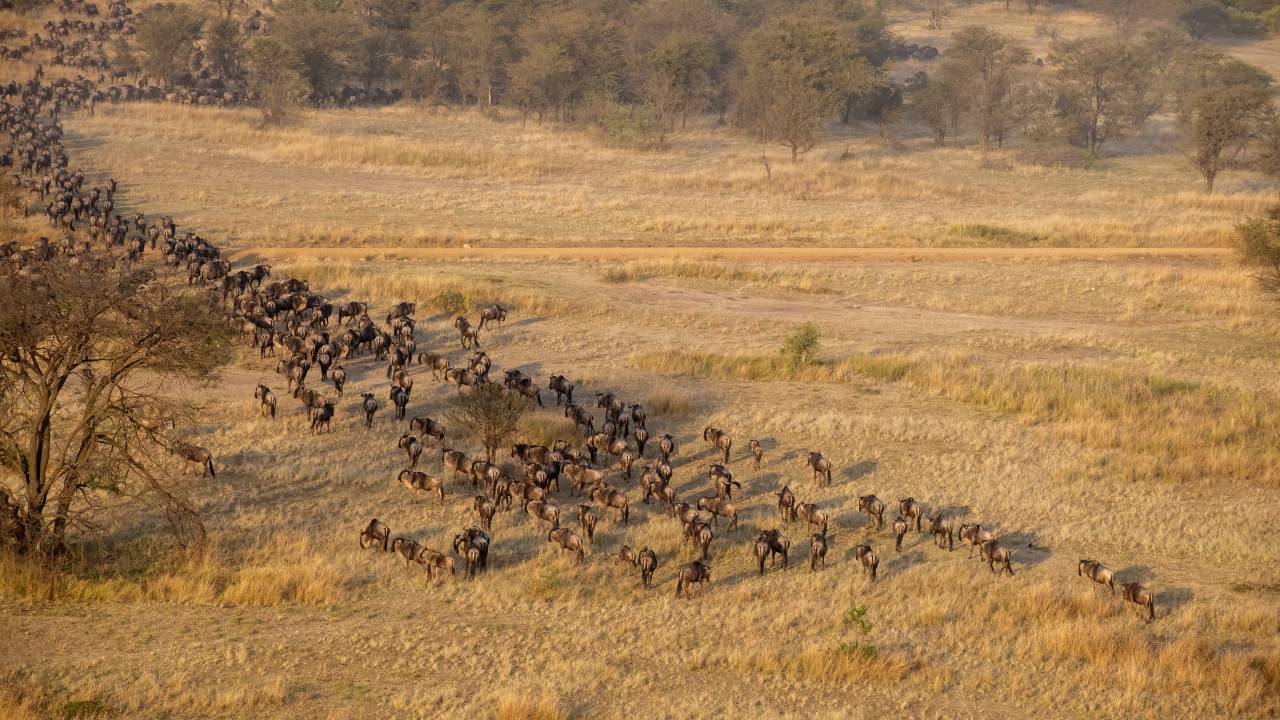
Expert Insights
- Home
- Insights

From cultural immersion and riding the rails to wellness and wildlife, this is where curiosity is taking us next year
Read More
Japan’s traditions aren’t just preserved in museums, but found in the everyday rhythms of this little-known city…
Read More
Your next great story? Find it in the top adventures trips for 2026, from epic treks to wild escapes, chosen by the experts
Read More
In a world full of cycling adventures, picking the right one is essential. Thankfully, João Colaço has six expert tips to help
Read More
Hike, bike, or city hop? Find your next great adventure in sunny Portugal
Read More
After winning Exodus Leader of the Year, Roshan Fernando knew his money could make a big difference
Read More
From onsens to alpine trails, temples to technology, these authentic experiences reveal the spirit of Japan, the Exodus way
Read More
Led by some of the best guides on the continent, these are the safaris where Africa’s wild heart beats loudest.
Read More
When it comes to travel in Vietnam, it’s not all about where you go, it’s who you know…
Read More
Across Tanzania and Kenya, the Great Migration surges on. Expect waves of wildlife, endless drama and expert local guides to bring you right to the heart of it all.
Read More
The Adventure Begins Here
Get regular inspiration straight to your inbox from Exodus’ experts.